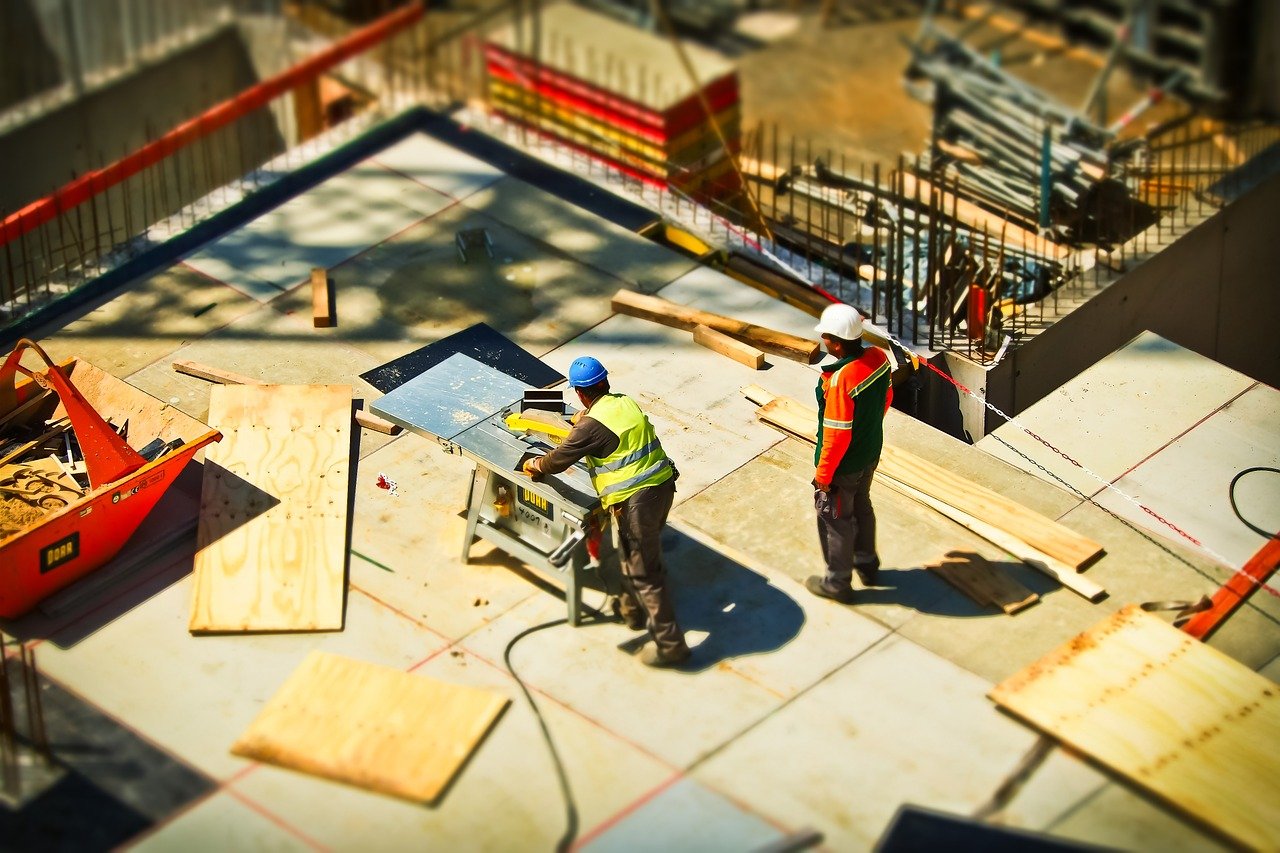In this productivity-driven sector, knowing how to properly manage a construction project makes you a highly valuable asset. It’s no simple task to deliver a high-quality job on time and on budget while simultaneously making a profit for you and your subcontractors. It needs careful planning, thorough progress tracking, and communication and coordination among all main stakeholders and team members. Let’s have a look at some ways by which you can manage a construction project effectively:
1. Planning
The most crucial part of effective construction project management is detailed and strategic planning. The more complicated a project is, the more planning it will take. A well-planned project increases efficiency and gives a step-by-step roadmap for finishing the job on time and on budget. You’ll create deliverables, define goals, and set project milestones throughout the planning phase.
At a construction site, anything may happen. If unanticipated environmental issues arise during the pre-construction period, the design may need to be modified. Even little changes might have an impact on the entire strategy and timetable. This holds true throughout the construction process.
Even though you’ll be working with seasoned experts in electrical engineering, plumbing, scaffolding, and carpentry, they’ll require clear instructions to coordinate their activities. As delays and equipment problems occur, you’ll frequently need to collaborate with stakeholders to build and update strategies. You’ll then execute and monitor events, however, in building project management, plans frequently alter.
2. Keeping an eye on things and making adjustments
Once building begins, the objective is to ensure that everything goes as planned as possible. A project is more likely to be derailed by a series of minor difficulties than by a single major issue. A high degree of attention to detail is required when assessing daily progress reports, keeping track of the budget and schedule, and managing risks.
Field factors can have a significant influence on building project workflow. There will be numerous instances where you will need to observe a problem in person before you can fix it. You will be a better project manager if you are familiar with the building site and the responsibilities of each expert working under you.
Every year, new equipment, procedures, safety standards, and improvements are added to the construction sector. Managing and administering a successful project requires constant development and learning. Although much of the communication has been simplified, the task still needs frequent site visits and meetings with the contractors and designers on the ground.
If you are someone who has played games that require a keen eye in things going around such as card games like Solitaire, Blackjack, Spider Solitaire, or Freecell then it wouldn’t be an issue for you to keep an eye on the things going around at a construction site too.
3. Communication
Every aspect of a building project needs communication. Establish a line of contact with everyone on the ground — as well as all of the plan’s stakeholders and suppliers. When an issue emerges, this transparency will make the process go more smoothly and decrease the number of emails and phone calls. A work execution platform is one of the easiest methods to establish a communication flow. You can keep track of updates, budgets, and schedule changes by syncing comments, images, documents, and calendars in one place.
Through fast notifications, automatic actions, and easy-to-visualize dashboards, a powerful platform also allows you to convey these changes to other managers and accounting offices in real-time, enabling a practically email-free and paperless approach of project management. That means you’ll have more time to spend on the job site meeting contractors and coordinating the next phase of building.
A construction project’s flow is influenced by the flow of communication. When people stop interacting or responding to questions, problems and delays begin to emerge. Projects operate more smoothly and on schedule and on budget when everyone collaborates and communicates effectively and efficiently.
4. Collaboration
The number of moving parts in construction projects is nearly unimaginable. When you’re in charge of many building projects, it’s nearly hard for one person to keep track of everything. This emphasizes the need for good delegation and collaboration.
One team member may notice something that another has overlooked, preventing employees from becoming overwhelmed by simple errors that are the consequence of focusing on too many things at once. In a construction firm, there are several approaches to encourage teamwork. Encouraging recreational team-building activities outside of work hours is one of the most effective.
Conclusion
There’s a lot more to project management in construction than meets the eye. It takes a lifetime of learning and growth to perfect it. At the end of the day, each project manager must have sufficient knowledge of the dos and don’ts of any particular project in order to get ideal outcomes every time.
Failure to do so will result in failure and an inability to meet your client’s demands, damaging your entire reputation and reliability. A project manager who follows these guidelines for good construction project management, on the other hand, will have more successful projects overall.






